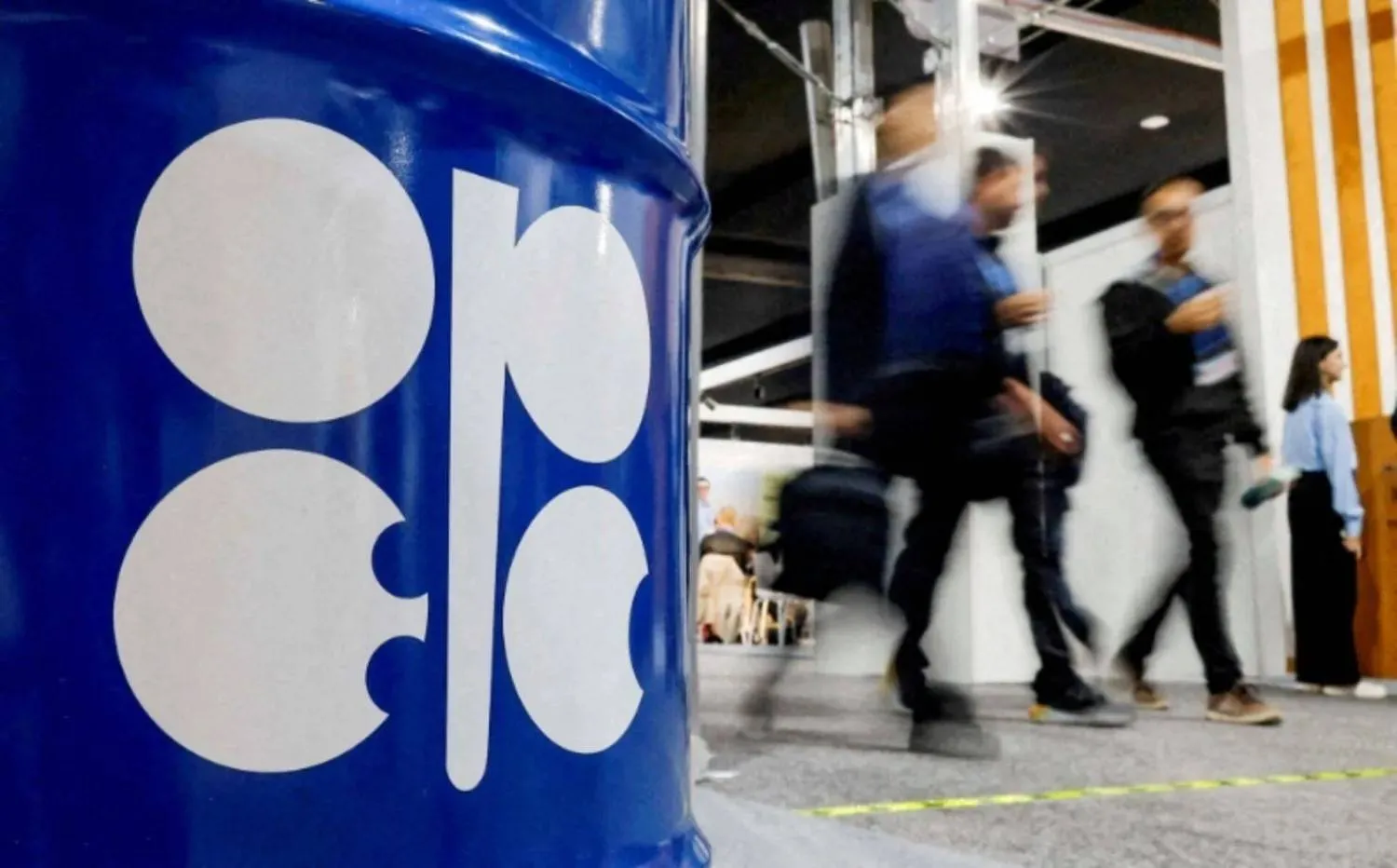China is actively seeking foreign investment to boost its slowing growth, but that very sluggishness is weighing on company plans to expand their businesses in the world's second largest economy, an annual survey of more than 500 European companies found, The AP reported.
The slowing economy is now the dominant concern of respondents to the European Chamber of Commerce in China survey, which was released Friday. China still ranks high as a place to invest, but the share of companies considering an expansion of their operations in the country this year fell to 42%, the lowest ever recorded.
“The business outlook is the most pessimistic yet, with companies’ expectations for growth and profitability taking a hit, and concerns about competition intensifying,” the chamber said in its business confidence survey.
The economic worries are layered on top of long-running complaints about regulations and practices that companies say favor their Chinese competitors or are unclear, creating uncertainty for them and their employees. Others including the American Chamber in China have expressed similar concerns.
Those older issues are now compounded by the weaker economy, eroding business confidence, said Jens Eskelund, the president of the European Chamber.
“Companies are beginning to realize that some of these pressures that we have seen in the local market, whether it’s competition, whether it’s low demand, that they are taking on perhaps a more permanent nature,” he told journalists earlier this week. “And that is something that is beginning to impact investment decisions and the way they go about thinking about development of the local market.”
The government is launching programs to boost consumer spending but confidence remains low because of a weak job market. Economic growth came in at a faster-than-expected 5.3% annual pace in the first three months of the year, but much of the GDP growth came from government spending on infrastructure and investment in factories and equipment.
Massive investment in industries such as solar power panels and electric cars has created intense price competition, squeezing profits. More than a third of the survey respondents said they have observed overcapacity in their industry. For 15% of the companies, their China operations finished 2023 in the red. Foreign companies need growth in domestic demand, not manufacturing capacity, Eskelund said.
“What is important to foreign companies is not necessarily sort of a headline GDP number — 5.3%, whatever — but the composition of GDP,” he said.
Close to 40% of companies said they have moved or are considering moving future investments out of China. Southeast Asia and Europe are the biggest beneficiaries, followed by India and North America. Nearly 60% said they are sticking with their investment plans for China, but that was down from last year.
“It’s not that companies are giving up on China, it’s just that we are beginning to see other countries emerging as a serious competitor to China,” Eskelund said Friday.
The survey report said “China’s allure as a top investment destination is fading” and warned that companies will pursue opportunities elsewhere unless there are improvements in the business environment.
The proportion of companies that are optimistic about expanding their China business this year fell to about one-third, down from more than half in 2023. Only 15% were optimistic about profit growth.
More than half expect to cut costs in China this year, including 26% who plan to reduce the size of their staffs — which the report said "will further increase the pressure on an already strained job market.”









